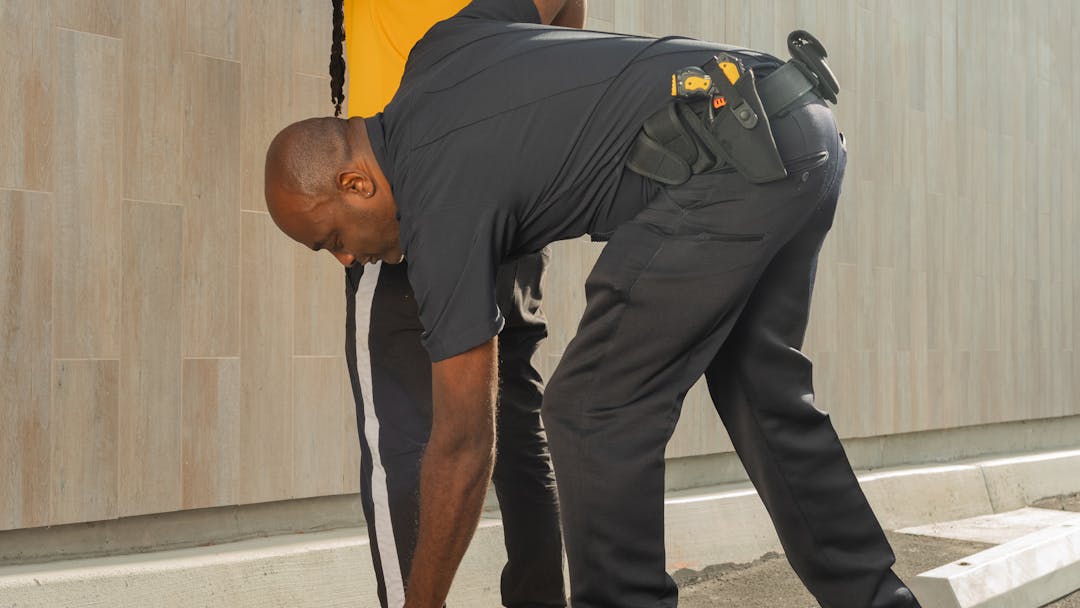Squatters and YouSquatting, in one definition is the act of occupying a property without legal permission, can be a headache for both property owners and squatters themselves. Sorry to cause you a such a headache squatter. Michigan has specific laws addressing...

People v Williams Michigan COA – Police CPL Check
People v Williams
Michigan Court of Appeals
No 365299 (04/18/24)
MCL 28.425f permits a police officer to ask a person observed to be carrying a concealed weapon to produce their concealed pistol license (CPL) at any time and for any reason.
Makes possession of a concealed weapon a presumptive crime
Further, MCL 750.227 makes possession of a concealed weapon a presumptive crime, which can be rebutted by the suspect producing their CPL. Thus, a police officer has reasonable suspicion to approach a person and ask for proof of a CPL after observing a bulge in the person’s clothing indicative of a hidden firearm.
The trial court’s order granting defendant’s motion to suppress is reversed.
About it
Michigan Court of Appeals Case No. 365299, People v Williams, centers on a warrantless search and subsequent arrest. The details of the case are not explicitly mentioned in the available information, but the legal reasoning behind the decision is referenced.
The case cites MCL 750.227, which prohibits carrying a concealed pistol without a license. It also references previous cases (Henderson and Williams) that established the legality of a warrantless search under the “automobile exception” when there’s reasonable suspicion of a crime.
The relevant part of People v Williams seems to focus on justifying a traffic stop. The court apparently determined that an informant’s tip about a driver possessing a handgun amounted to reasonable suspicion, warranting the stop. This aligns with the established principle that police can conduct stops based on reasonable suspicion, even if it’s a lesser standard compared to the probable cause needed for arrests or searches.
While the case itself isn’t elaborated on, it highlights the legal basis for traffic stops based on reasonable suspicion, particularly when the suspicion involves potential gun possession.
Better have a real good attorney






















